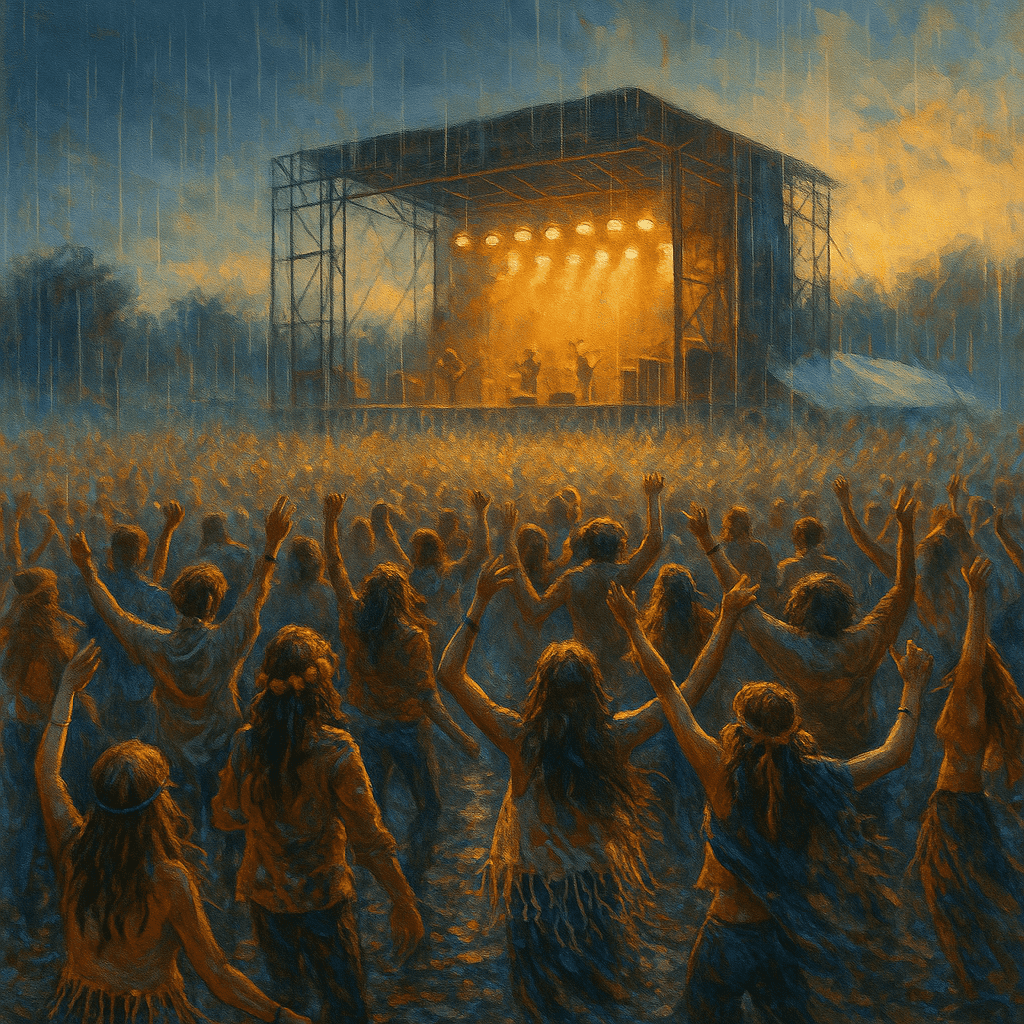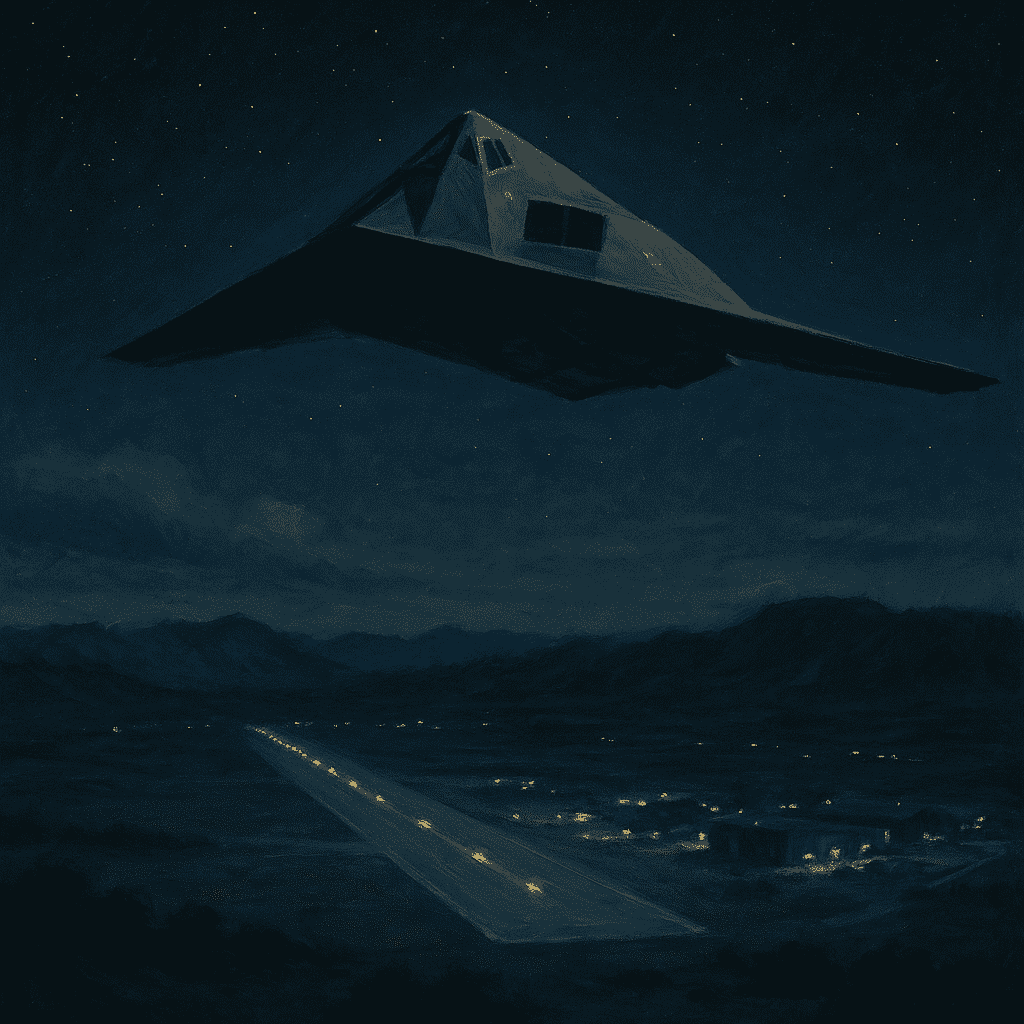
Ancient China and the inventions that changed the world

Ancient China stands as one of history's most innovative civilizations, contributing groundbreaking inventions that have shaped humanity's development. From practical tools to philosophical advancements, Chinese ingenuity not only enriched their own culture but also left a lasting impact on the world. Here's a look at some of the most transformative inventions from ancient China and their enduring legacy.
The Four Great Inventions
The Four Great Inventions are often highlighted as the most influential achievements of ancient China: paper, printing, gunpowder, and the compass. These innovations revolutionized communication, navigation, warfare, and knowledge dissemination.
Paper: Invented during the Han dynasty (202 BCE–220 CE) by Cai Lun, paper became an essential medium for recording knowledge, replacing more cumbersome materials like bamboo and silk. Its affordability and accessibility transformed education, governance, and art, eventually spreading across the world.
Printing: Building on the foundation of paper, the Chinese developed woodblock printing during the Tang dynasty (618–907 CE) and movable type during the Song dynasty (960–1279 CE). Printing democratized knowledge, making books and documents more accessible and paving the way for cultural and scientific advancement.
Gunpowder: Discovered during the Tang dynasty, gunpowder was originally used for fireworks before its application in weaponry. Its introduction to the rest of the world through the Silk Road revolutionized warfare, marking the beginning of modern military strategies.
Compass: The magnetic compass, invented during the Han dynasty and perfected in the Song dynasty, was a breakthrough in navigation. It allowed sailors to traverse vast oceans with greater accuracy, facilitating global exploration and trade.
Other Transformative Innovations
Silk: China's mastery of silk production dates back to the Neolithic period. The Silk Road trade network, named after this luxurious fabric, connected East and West, fostering cultural and economic exchanges for centuries.
Porcelain: Known as "china" in the West, porcelain emerged during the Tang dynasty. Its beauty and durability made it a prized export, influencing art and craftsmanship globally.
Agricultural Tools: Innovations such as the iron plow and seed drill significantly improved farming efficiency, supporting population growth and economic stability.
The Seismograph: Invented by Zhang Heng during the Han dynasty, the seismograph was an early tool for detecting earthquakes, showcasing ancient China's scientific curiosity and engineering prowess.
Paper Money: The Tang and Song dynasties introduced the world's first paper currency, revolutionizing trade by offering a lightweight, portable alternative to coins.
Acupuncture: Rooted in traditional Chinese medicine, acupuncture dates back thousands of years and remains a globally recognized practice for holistic health and well-being.
Impact on the Modern World
The influence of ancient Chinese inventions cannot be overstated. Paper and printing laid the foundation for the modern education system and the spread of ideas. The compass was a cornerstone of the Age of Exploration, enabling the discovery of new continents and the expansion of trade routes. Gunpowder changed the face of warfare, and porcelain and silk became symbols of luxury and cultural exchange.
China's contributions extend beyond tangible inventions. The philosophies of Confucianism, Daoism, and Buddhism shaped ethical systems and governance structures worldwide. The emphasis on harmony, innovation, and practicality remains a hallmark of Chinese culture and its global influence.
Ancient China's legacy of innovation demonstrates how creativity and knowledge can transcend borders and time. These inventions not only transformed ancient societies but also laid the groundwork for modern advancements. By examining the achievements of ancient China, we gain a deeper appreciation for the ingenuity that continues to shape our world.


